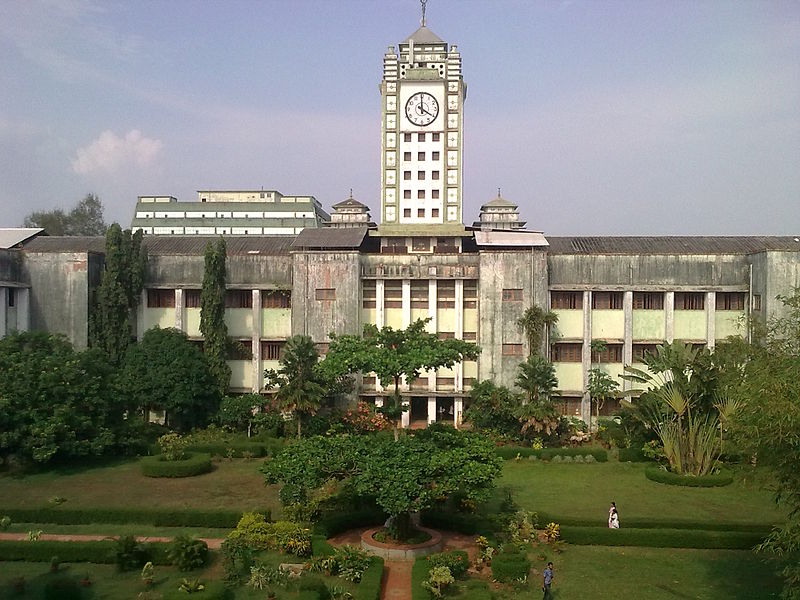
Distributors ceased sales of medicines and medical devices such as surgical equipment to the Kozhikode Government Medical College Hospital (KGMCH) over the weekend. Suppliers had already stopped distributing cardiac stents to the facility as of June 10th, leading to the cessation of procedures such as angiograms and angioplasties when stent reserves were exhausted.
The Hindu reported that the outstanding fees number in the “crores of rupees”. The All Kerala Chemists and Druggists Association claimed hospital authorities owed them Rs 50 crore – noting that the payment had been outstanding since last year. They stopped supplies to the hospital on June 22nd. It was the intervention of Kozhikode District Collector Sambasiva Rao which ended the impasse. Rao assured distributors that the unpaid fees would be paid at the earliest. He stepped in following much political outcry over the matter.
BJP committees in the Kozhikode North and Kozhikode South assembly segments organised marches to the hospital, demanding that dues be cleared so that supplies to the hospital could continue. The Kerala chapter of the Muslim Youth League – part of the Indian Union Muslim League – accused the state government of misappropriating funds intended for healthcare to other reasons. P. K. Firos, the League’s state general secretary, alleged “a conspiracy at the government level…trying to divert the funds allocated for the Karunya scheme by investing them in the government treasury, instead of releasing them to the medical college.”
M. K. Raghavan, an Indian National Congress MP who represents the Kozhikode constituency in the Lok Sabha, wrote to Kerala Chief Minister Pinarayi Vijayan and State Health Minister K. K. Shailaja concerning the issue. He called on the state government to release funds under initiatives to clear the money owed, including the healthcare access scheme Rashtriya Swasthya Bima Yojana (RSBY) and the Karunya Benevolent Fund, which offers financial assistance to economically vulnerable citizens.
In the case of stents, the Chamber of Distributors of Medical Implants and Disposables said it had not received funds from the college under RSBY since June last year; from the Benevolent Fund since December; and from a tribal aid scheme since January 2014.
With the issue resolved, it is hopeful that operations at the hospital will soon be able to resume for the benefit of patients. It is worth noting, however, that such incidents are not uncommon occurrences in India. Notably, non-payment of dues owed to medical oxygen suppliers was implicated as a key factor behind the deaths of 325 children in Gorakhpur, Uttar Pradesh in 2017. Earlier this year, the failure of two Uttarakahnd clinics administering treatment to the poor for kidney disease to pay past-due fees left patients at risk of losing access to dialysis.
Compounding the issue is the failure of state governments to allocate funds intended for healthcare. Between the 2011-12 and 2015-16 periods, 29 percent of funds allocated under the National Health Mission went unspent or were reallocated to non-healthcare purposes. Delays in the transfer of funds add to the issue. When this is the case, funding streams to hospitals are liable to dry up. Invariably, when this occurs, it is patients left in the lurch when services stop and the only option is to seek potentially financially ruinous treatment out-of-pocket.

